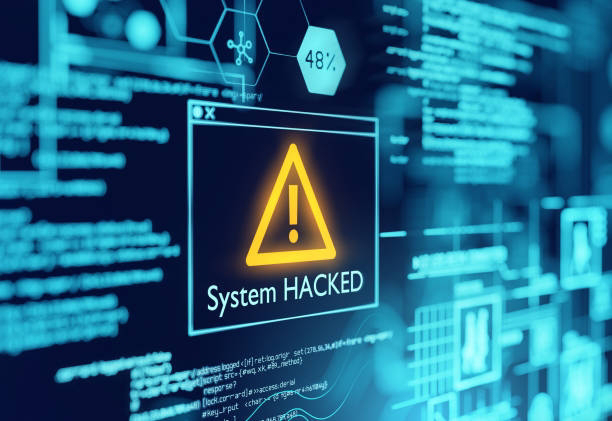### 1. **Educational Background:**
- Obtain a solid foundation in computer science, networking, and information security. A degree in computer science, information technology, or a related field is beneficial.
### 2. **Networking and Operating Systems:**
- Gain a strong understanding of networking protocols and different operating systems (Windows, Linux, etc.).
### 3. **Learn Programming Languages:**
- Acquire proficiency in programming languages commonly used in ethical hacking, such as Python, Java, C, and scripting languages.
### 4. **Certifications:**
- Pursue relevant certifications to validate your skills. Common certifications include:
- **Certified Ethical Hacker (CEH):** Covers essential concepts and techniques.
- **Offensive Security Certified Professional (OSCP):** Hands-on certification focusing on penetration testing skills.
- **CompTIA Security+:** A foundational certification covering security fundamentals.
### 5. **Networking Certifications:**
- Certifications like Cisco's CCNA can provide a deep understanding of networking.
### 6. **Security Courses and Bootcamps:**
- Enroll in ethical hacking courses or bootcamps. Platforms like Udemy, Coursera, and Offensive Security offer valuable courses.
### 7. **Hands-On Practice:**
- Set up a home lab to practice your skills in a controlled environment. Experiment with virtual machines, networks, and different operating systems.
### 8. **Bug Bounty Programs:**
- Join bug bounty platforms like HackerOne or Bugcrowd to practice your skills ethically and earn rewards for finding vulnerabilities in real-world applications.
### 9. **Stay Updated:**
- Information security is dynamic. Stay current with the latest trends, vulnerabilities, and security news. Follow blogs, forums, and social media accounts of security professionals.
### 10. **Soft Skills:**
- Develop excellent communication and documentation skills. Ethical hackers often need to convey complex technical information to non-technical stakeholders.
### 11. **Legal and Ethical Understanding:**
- Understand the legal and ethical aspects of hacking. Know the laws related to cybersecurity and hacking in your region.
### 12. **Networking and Community Involvement:**
- Attend conferences, meetups, and join online communities to network with other ethical hackers and security professionals.
### 13. **Create a Portfolio:**
- Showcase your skills through a portfolio that includes your certifications, projects, and any responsible disclosure reports from bug bounty programs.
### 14. **Continuous Learning:**
- Cybersecurity is always evolving. Commit to continuous learning and staying ahead of emerging threats.
### 15. **Consider Advanced Degrees:**
- Advanced degrees, such as a Master’s in Cybersecurity, can enhance your knowledge and open up more opportunities.
Remember, ethical hacking requires a commitment to legality and ethical behavior. Always obtain proper authorization before attempting to assess the security of any system, network, or application.









No comments:
Post a Comment